Teagasc head of drystock knowledge transfer Pearse Kelly told farmers at a beef seminar in Enniscorthy, Co Wexford, this week that antibiotic resistance will eventually kill more people than cancer.
“Antibiotic resistance, in other words bugs that normally we could have killed with antibiotics, by 2050, which is not that far away, will kill more people than cancer does today. So, it’s huge,” he said.
In a presentation on innovation in the beef sector, the Teagasc representative described the challenge of avoiding the build-up of antibiotic resistance in farmed livestock as “just as big” as the challenge of reducing emissions.
“You could argue that it’s a lot bigger and it’s going to kill a lot more of us quicker than greenhouse gases and ammonia. So, we need to be innovative there,” he said.
He drew the attention of the farmers present to upcoming changes to veterinary medicine regulations under the Veterinary Medicinal Products Medicated Feed and Fertilisers Regulation Bill 2022 and said farmers will have to innovate to adapt.
Overused
Kelly explained to farmers that there’s a “real problem there in that the antibiotics we use for animals are the same that we use for ourselves, our children, our partners”.
He said this “huge issue” is leading to a situation where the “world is running out of antibiotics” or is being left with antibiotics which are “no good”.
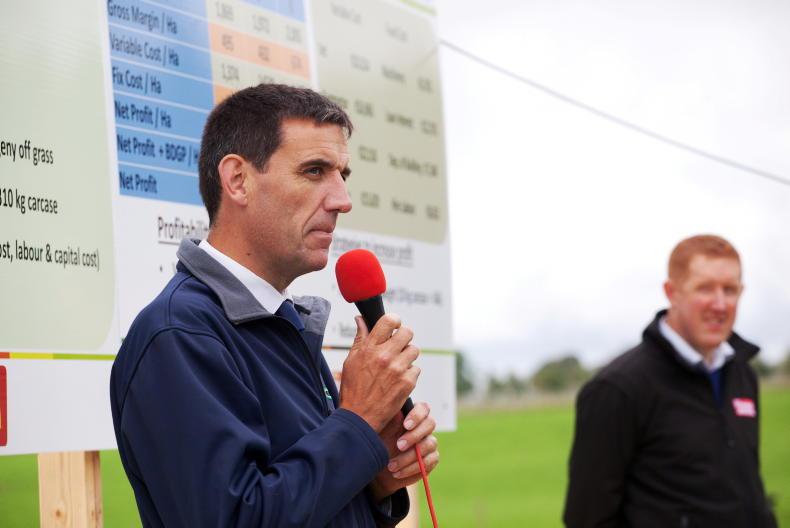
Teagasc head of drystock knowledge transfer Pearse Kelly. \ David Ruffles
“They’ve been overused in animals, they’ve been overused in humans and what’s happening now is you go in and someone gets a real bad lung infection, you go in to hospital, they give an antibiotic and they come back a couple of hours later and test and say ‘no, didn’t work, try a different one’,” he said.
Kelly said that doctors are trying up to three antibiotics and “for a lot of people luckily, [this] does work” but warned “we’re getting to that point where it won’t”.
Read more
Vet medicines ‘shambles will put merchants out of business’
‘Substantial’ job losses facing rural co-ops – ICOS
Teagasc head of drystock knowledge transfer Pearse Kelly told farmers at a beef seminar in Enniscorthy, Co Wexford, this week that antibiotic resistance will eventually kill more people than cancer.
“Antibiotic resistance, in other words bugs that normally we could have killed with antibiotics, by 2050, which is not that far away, will kill more people than cancer does today. So, it’s huge,” he said.
In a presentation on innovation in the beef sector, the Teagasc representative described the challenge of avoiding the build-up of antibiotic resistance in farmed livestock as “just as big” as the challenge of reducing emissions.
“You could argue that it’s a lot bigger and it’s going to kill a lot more of us quicker than greenhouse gases and ammonia. So, we need to be innovative there,” he said.
He drew the attention of the farmers present to upcoming changes to veterinary medicine regulations under the Veterinary Medicinal Products Medicated Feed and Fertilisers Regulation Bill 2022 and said farmers will have to innovate to adapt.
Overused
Kelly explained to farmers that there’s a “real problem there in that the antibiotics we use for animals are the same that we use for ourselves, our children, our partners”.
He said this “huge issue” is leading to a situation where the “world is running out of antibiotics” or is being left with antibiotics which are “no good”.

Teagasc head of drystock knowledge transfer Pearse Kelly. \ David Ruffles
“They’ve been overused in animals, they’ve been overused in humans and what’s happening now is you go in and someone gets a real bad lung infection, you go in to hospital, they give an antibiotic and they come back a couple of hours later and test and say ‘no, didn’t work, try a different one’,” he said.
Kelly said that doctors are trying up to three antibiotics and “for a lot of people luckily, [this] does work” but warned “we’re getting to that point where it won’t”.
Read more
Vet medicines ‘shambles will put merchants out of business’
‘Substantial’ job losses facing rural co-ops – ICOS




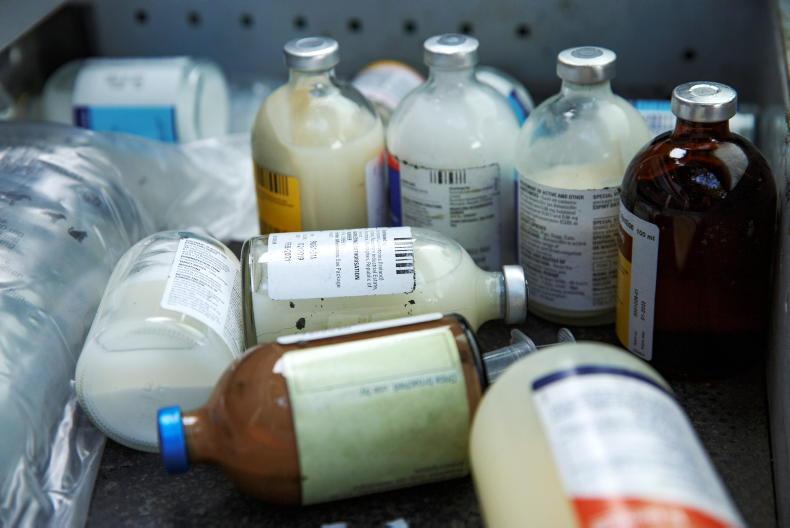
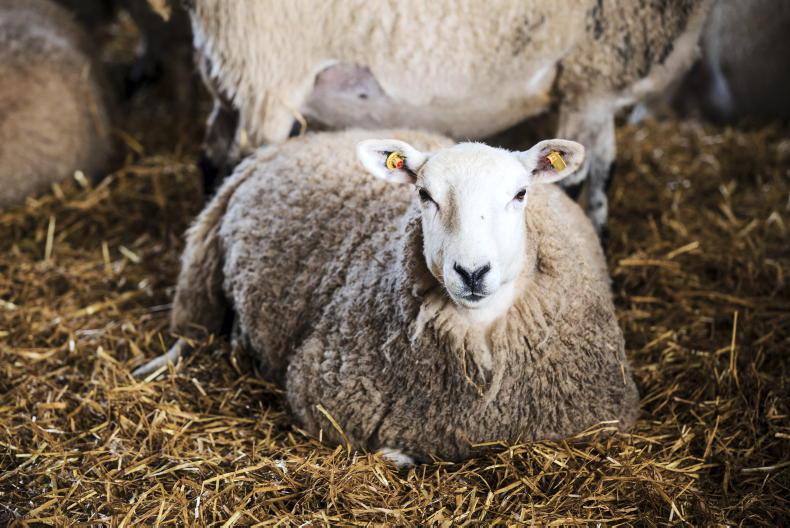

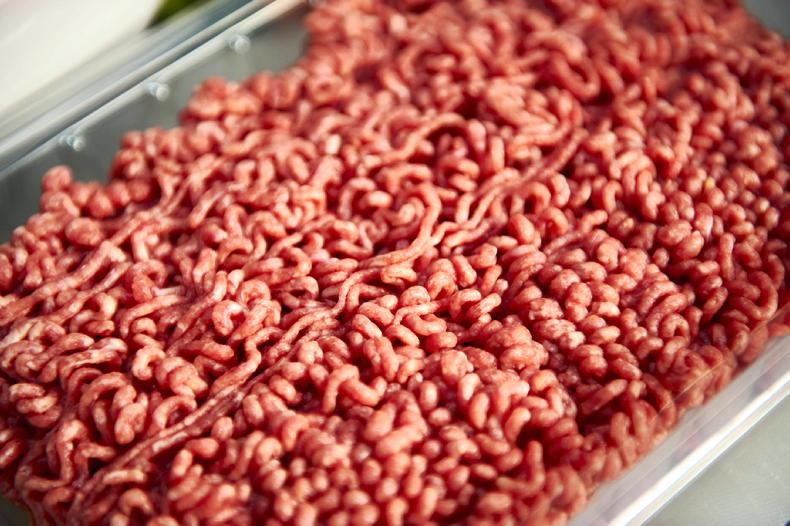
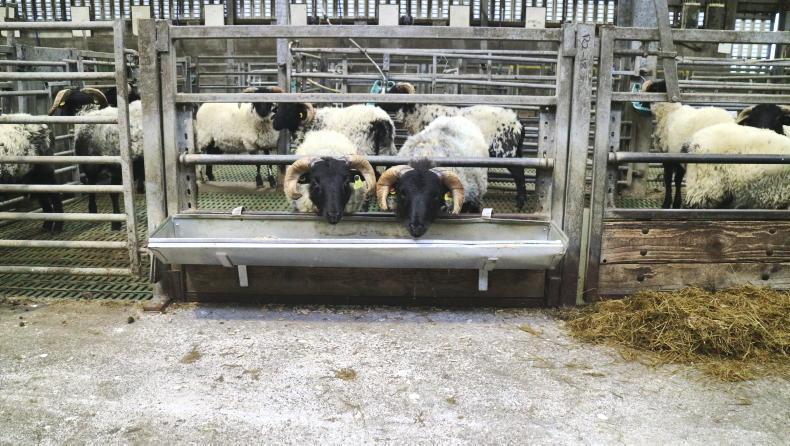

SHARING OPTIONS